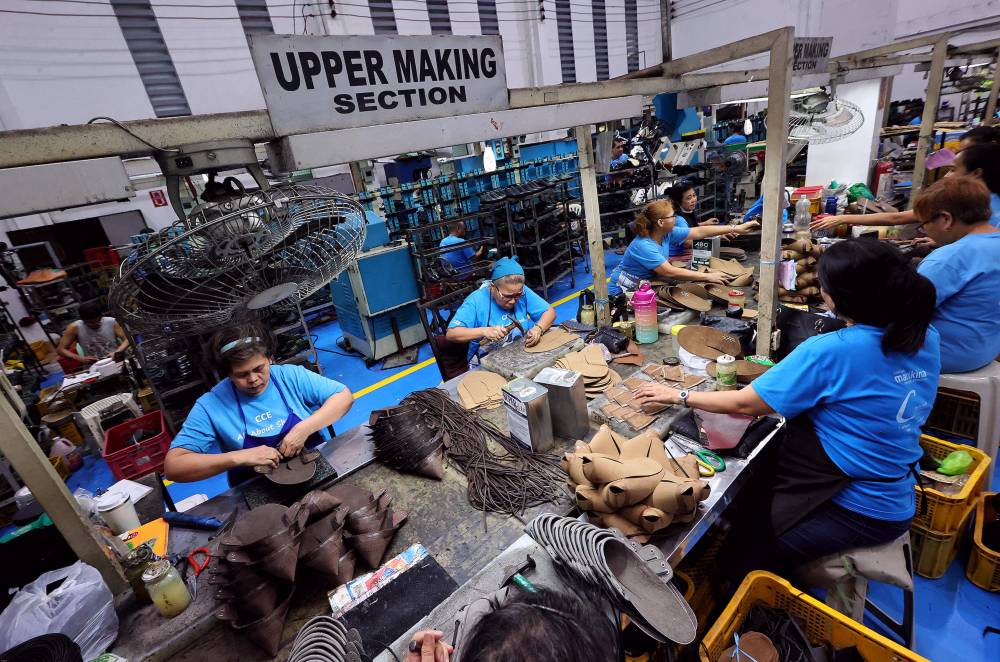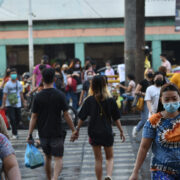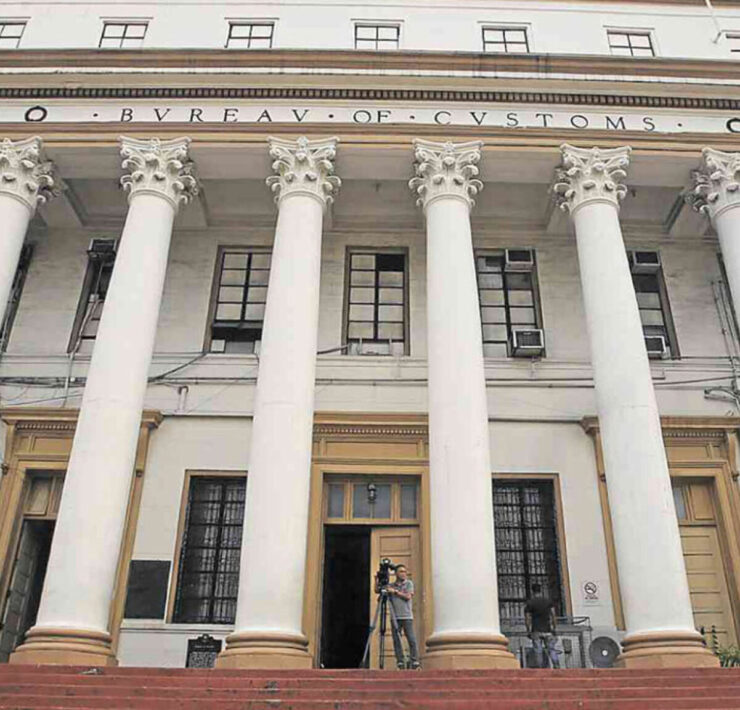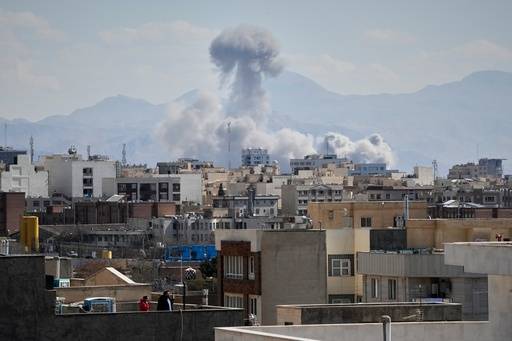PH factory activity cooled in May as US trade war bit

Global trade uncertainties stalled Philippine factory activity in May, as Filipino producers grappled with weaker demand from international markets.
However, inflationary pressures remained benign, something that could boost the competitiveness of locally made products in the face of extreme trade protectionism.
A survey of around 400 companies showed the country’s Purchasing Managers’ Index (PMI)—a gauge of the health of the manufacturing sector—eased to 50.1 from 53 in the previous month, S&P Global said in a report.
The latest PMI reading nearly fell to the 50-mark separating growth from contraction. S&P said the survey results marked a “broad stagnation” in operating conditions of Filipino factories, which are now feeling the sting from the ongoing US trade war.
And business confidence had already taken a hit.
S&P said the sentiment of firms in May was the third-weakest in the survey’s history.
“The promising growth observed at the beginning of the second quarter signaled a notable cooling in May,” Maryam Baluch, economist at S&P Global Market Intelligence, said in a commentary.
“The situation was further exacerbated by a deteriorating demand from foreign markets, with May witnessing a sharper drop in new export orders. As global trade tensions escalate, the outlook for overseas demand appears increasingly precarious,” she added.
S&P said that while the rate contraction in export demand was “fractional”, it was nevertheless the strongest decline since November 2024. As a result, the overall growth in new orders from local and foreign markets “waned” in May.
The weaker demand, in turn, meant there was less impetus for Filipino producers to ramp up their production, translating to a fresh but “marginal” slump in output, S&P said. Production activities were so soft that input buying also moderated in May.
The fewer orders also reduced the need for more workers, leading to a contraction in workforce numbers in the local manufacturing sector for the first time in four months.
Companies linked their limited manpower to voluntary resignations and the non-replacement of those vacated roles. As a result, there was a renewed build-up of backlogs, although the rate of accumulation was “modest.”
Still, there were streaks of good data from the new PMI report. S&P said inflationary pressures remained historically weak in May, which could help support demand for Filipino goods at a time of heightened global trade uncertainties.
Survey results showed cost burdens and output charges increased to the strongest level since January, but the price gains were relatively modest overall.
“The stability of price pressures may also provide a necessary buffer against the challenges posed by a cooldown in new orders and external market uncertainties,” Baluch said.





















